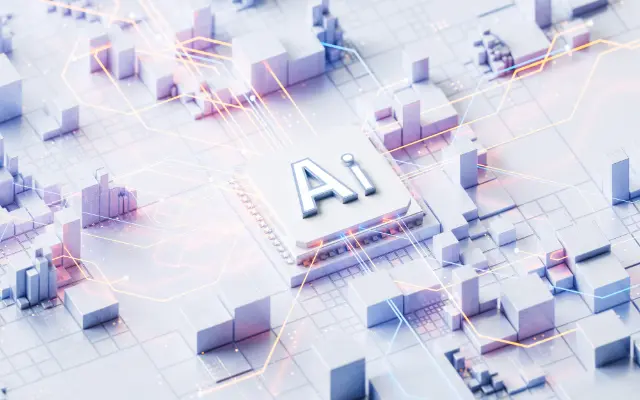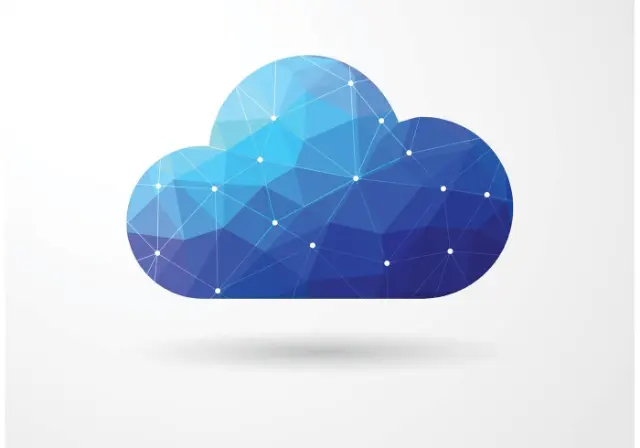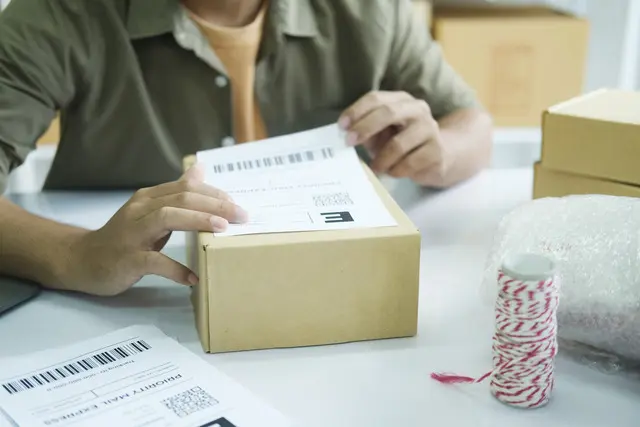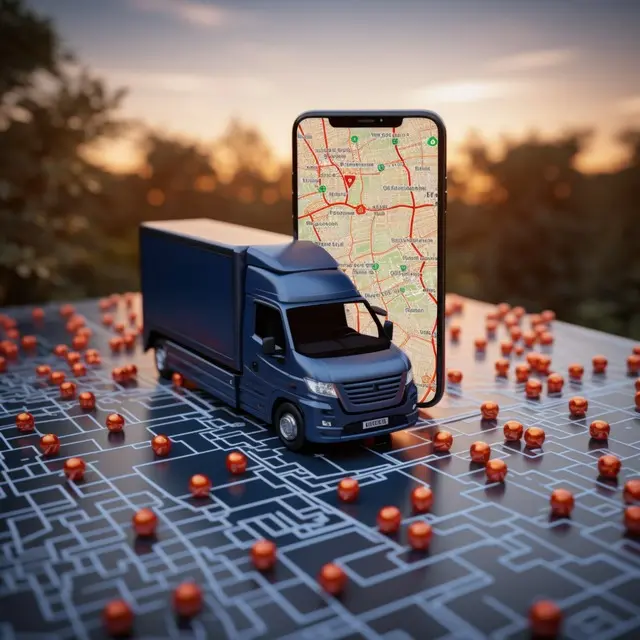Delivery Tracking Automation: Revolutionizing the Supply Chain
In today’s fast-paced supply chain environment, delivery tracking automation is an essential tool for businesses looking to streamline operations and improve customer satisfaction. Gone are the days of manual tracking and endless phone calls to carriers. With the power of Python, AI, and cloud-based solutions, companies can now automate the entire delivery tracking process, from real-time status updates to seamless integration with procurement systems.
Challenges of Manual Delivery Tracking
Prior to automation, delivery tracking was a time-consuming and error-prone process. Companies relied on manual data entry, which often led to inaccuracies and delays. This lack of visibility into the location and status of shipments created inefficiencies and frustration for both businesses and customers.
The Benefits of Delivery Tracking Automation
Delivery tracking automation addresses these challenges by providing real-time visibility into the entire delivery process. By leveraging AI and cloud-based solutions, companies can:
- Track the status and location of shipments in real-time using GPS or RFID technology
- Provide automated notifications and self-service portals for customers to track their orders
- Integrate delivery tracking data with procurement systems to update order statuses and trigger subsequent processes
The benefits of delivery tracking automation are numerous:
- Reduced operating costs through automation
- Improved customer satisfaction through increased visibility
- Enhanced efficiency through streamlined processes
- Increased accuracy and reduced errors
Conclusion
As the supply chain industry continues to evolve, delivery tracking automation is becoming increasingly essential for businesses looking to gain a competitive edge. By embracing the power of Python, AI, and cloud-based solutions, companies can streamline their operations, improve customer satisfaction, and unlock the full potential of their supply chains.

Python, AI, and Cloud: The Power Trio for Delivery Tracking Automation
Unattended Bots with Python
Python’s versatility and power make it an ideal choice for developing unattended bots for delivery tracking automation. These bots can run autonomously, 24/7, to monitor delivery statuses, track locations, and trigger notifications without human intervention. For example, a Python bot can:
- Continuously scrape data from carrier websites to track the status of shipments
- Send automated emails or SMS updates to customers with the latest delivery information
- Integrate with procurement systems to update order statuses and initiate payment processes
Attended Bots with Python
Attended bots, which require human interaction to operate, can also benefit from Python’s flexibility. With Python, developers can create customized attended bots that cater to specific business needs. For instance, an attended bot could:
- Allow customer service representatives to quickly track the status of multiple orders simultaneously
- Provide real-time updates on delivery delays or exceptions
- Offer self-service options for customers to track their own orders
Cloud Platforms: The Ultimate Orchestrators
Cloud platforms, with their vast array of features and capabilities, surpass traditional RPA/workflow tools as automation orchestrators. They offer:
- Scalability to handle large volumes of data and complex processes
- Integration with a wide range of third-party applications and services
- Advanced security measures to protect sensitive data
- Flexibility to adapt to changing business requirements
AI for Accuracy and Edge Cases
AI plays a crucial role in enhancing the accuracy and efficiency of delivery tracking automation. AI techniques such as:
- Image recognition: Can be used to automatically extract data from shipping labels and other documents
- Natural language processing (NLP): Can analyze customer inquiries and provide automated responses
- Generative AI: Can generate realistic text and data to improve the accuracy of delivery estimates
By leveraging AI, delivery tracking automations can handle complex edge cases and provide more accurate and reliable information.
Conclusion
The combination of Python, AI, and cloud platforms empowers businesses to create robust and scalable delivery tracking automation solutions. By harnessing the power of these technologies, companies can streamline their supply chains, improve customer satisfaction, and gain a competitive edge in the modern business landscape.

Building the Delivery Tracking Automation with Python and Cloud
Process Analysis
The first step in building a delivery tracking automation solution is to analyze the processes involved. This includes:
- Identifying the data sources and their formats
- Mapping out the workflow of the process
- Determining the triggers and actions for each step
Automation Development
Once the processes are analyzed, the automation can be developed using Python and cloud services. The following steps are involved:
- Data Extraction: Python scripts can be used to extract data from carrier websites, shipping labels, and other sources.
- Data Processing: The extracted data is then processed to identify the status and location of shipments.
- Notifications: Automated notifications can be sent to customers via email, SMS, or self-service portals.
- Integration with Procurement Systems: Python can be used to integrate with procurement systems to update order statuses and trigger subsequent processes.
Data Security and Compliance
Data security and compliance are paramount in the supply chain industry. Python and cloud platforms offer robust security measures to protect sensitive data. Additionally, Algorythum follows industry best practices to ensure compliance with relevant regulations.
Advantages of Python over No-Code RPA Tools
While no-code RPA tools offer a quick and easy way to automate simple tasks, they have limitations when it comes to complex processes like delivery tracking automation. Python provides:
- Greater flexibility and customization
- Ability to handle large volumes of data
- Integration with a wide range of third-party services
Algorythum’s Approach
Algorythum takes a different approach to delivery tracking automation because we understand the limitations of off-the-shelf RPA tools. Our Python-based solutions are designed to:
- Meet the unique requirements of each client
- Handle complex processes and edge cases
- Integrate seamlessly with existing systems
- Provide scalability and reliability
By choosing Algorythum, businesses can harness the power of Python and cloud to build robust and tailored delivery tracking automation solutions that drive efficiency and improve customer satisfaction.

The Future of Delivery Tracking Automation
The future of delivery tracking automation is bright, with emerging technologies offering exciting possibilities to enhance the solution even further. These include:
- Blockchain: Blockchain technology can be used to create a secure and transparent record of all delivery transactions. This can improve trust and accountability in the supply chain.
- Internet of Things (IoT): IoT devices can be used to track the location and condition of shipments in real-time. This data can be integrated with delivery tracking automation systems to provide even greater visibility and control.
- Artificial Intelligence (AI): AI can be used to analyze delivery data and identify patterns and trends. This information can be used to improve the accuracy of delivery estimates and to predict potential delays.
Subscribe to Algorythum
Stay ahead of the curve by subscribing to Algorythum’s newsletter. We share the latest industry insights, automation trends, and success stories.
Contact Us
Ready to take your delivery tracking automation to the next level? Contact the Algorythum team today for a free feasibility assessment and cost estimate. Our experts will work with you to design and implement a customized solution that meets your unique business needs.

Algorythum – Your Partner in Automations and Beyond
At Algorythum, we specialize in crafting custom RPA solutions with Python, specifically tailored to your industry. We break free from the limitations of off-the-shelf tools, offering:
- A team of Automation & DevSecOps Experts: Deeply experienced in building scalable and efficient automation solutions for various businesses in all industries.
- Reduced Automation Maintenance Costs: Our code is clear, maintainable, and minimizes future upkeep expenses (up to 90% reduction compared to platforms).
- Future-Proof Solutions: You own the code, ensuring flexibility and adaptability as your processes and regulations evolve.









